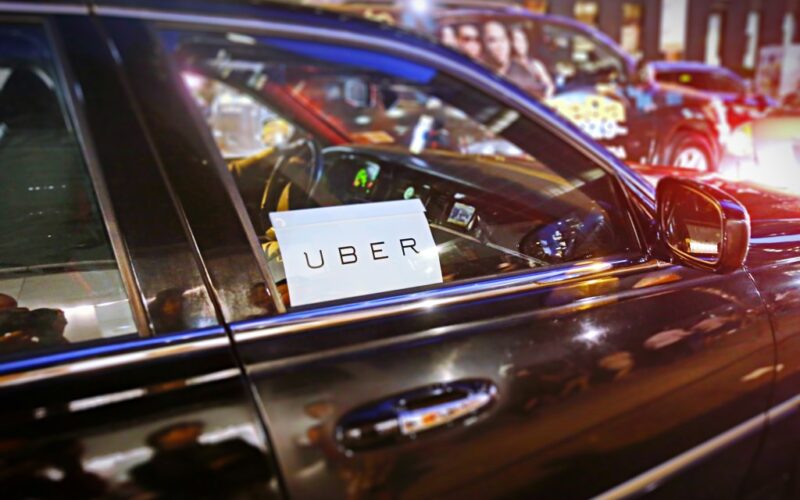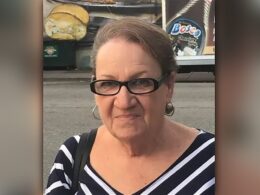Every day, blind New Yorkers face a reality that most riders never experience: the possibility of being denied transportation because they are blind or because they travel with a service animal. Despite legal protections and company policies, discrimination persists on rideshare platforms, leaving passengers like us stranded, humiliated, and unable to participate fully in city life.
That’s why I am deeply concerned about Int. No. 276, a local law being considered by the City Council that would significantly restrict rideshare companies’ ability to deactivate bad and unsafe drivers accused of serious misconduct. While driver protections against unfair terminations are important, the bill’s broad language could inadvertently shield drivers who violate civil rights laws or endanger vulnerable passengers.
Discrimination against blind riders is not hypothetical — it is persistent and well documented. More than a decade ago, the National Federation of the Blind entered into settlement agreements with Uber and Lyft to address these issues. Yet blind passengers are still refused service, told to put their guide dogs in trunks, charged bogus cleaning fees, or treated with hostility once drivers realize they are traveling with service animals.
Three weeks ago, the U.S. Department of Justice sued Uber in San Francisco for failing to adequately police discriminatory driver behavior, underscoring how widespread the problem remains. When drivers knowingly refuse passengers with service animals, they violate federal, state, and New York City law. Advocates have long insisted that such drivers must face immediate deactivation, so consequences fall on the violator, not the victim.
After years of advocacy, Uber and Lyft recently added features to alert drivers to the possible presence of service animals, remind them of their obligations, and detect refusals so violators can be swiftly removed from the platform. The current bill under consideration by the Council would undo that work and allow drivers who flout the law and discriminate against individuals with disabilities to continue driving on rideshare platforms.
The bill would also allow drivers who were deactivated for discriminatory denials to petition for reactivation. Allowing drivers to discriminate without immediate sanction is an outrage: The blind, just as all members of the public, have a right to for-hire transportation only by drivers who follow the law.
In early August, advocates against Int. No. 276 urged the Council to adopt three key changes: Define egregious misconduct to include violations of criminal and civil rights laws; allow immediate deactivation and permanent denial of reinstatement for such violations, without requiring consideration of the bill’s “just cause” factors; and prohibit drivers deactivated for egregious misconduct from providing for-hire transportation on any platform.
Without such a safeguard, drivers can simply switch companies, leaving blind riders vulnerable to repeated discrimination. The Council must consider that rideshare drivers occupy a unique position of unsupervised authority. Unlike in stores or restaurants, where a patron can ask for a supervisor, enlist witnesses, or call authorities — discrimination in rideshare often means a driver cancels or drives away, leaving the blind passenger alone and stranded. This reality makes accountability essential.
Advocates against Int. No. 276 support fair treatment for drivers and reasonable safeguards against arbitrary deactivation. But this bill goes too far. It fails to account for situations requiring swift action to protect passengers’ safety and civil rights. Even worse, the signal it sends is troubling.
At a time when blind New Yorkers continue facing widespread discrimination, the Council appears poised to prioritize driver job security over passenger protections. It is the wrong message. Protecting riders is not anti-driver; it’s pro-community.
Instead of blanket restrictions on deactivation, the Council should collaborate with riders, disability advocates, and drivers to craft targeted reforms that address legitimate driver concerns without undermining civil rights. New York City has long been a leader in protecting people with disabilities. We cannot let flawed legislation erode that legacy by making it harder to remove discriminatory or unsafe drivers.
We urge the Council to reconsider this bill. Fair deactivation processes are achievable without sacrificing passenger protections. Let us build solutions that ensure both driver fairness and the civil rights and safety of all New Yorkers.
Elia is a senior staff attorney at Disability Law United, as well as the vice president of the Vanguard chapter of the National Federation of the Blind of New York, and vice president of the National Association of Guide Dog Users.








